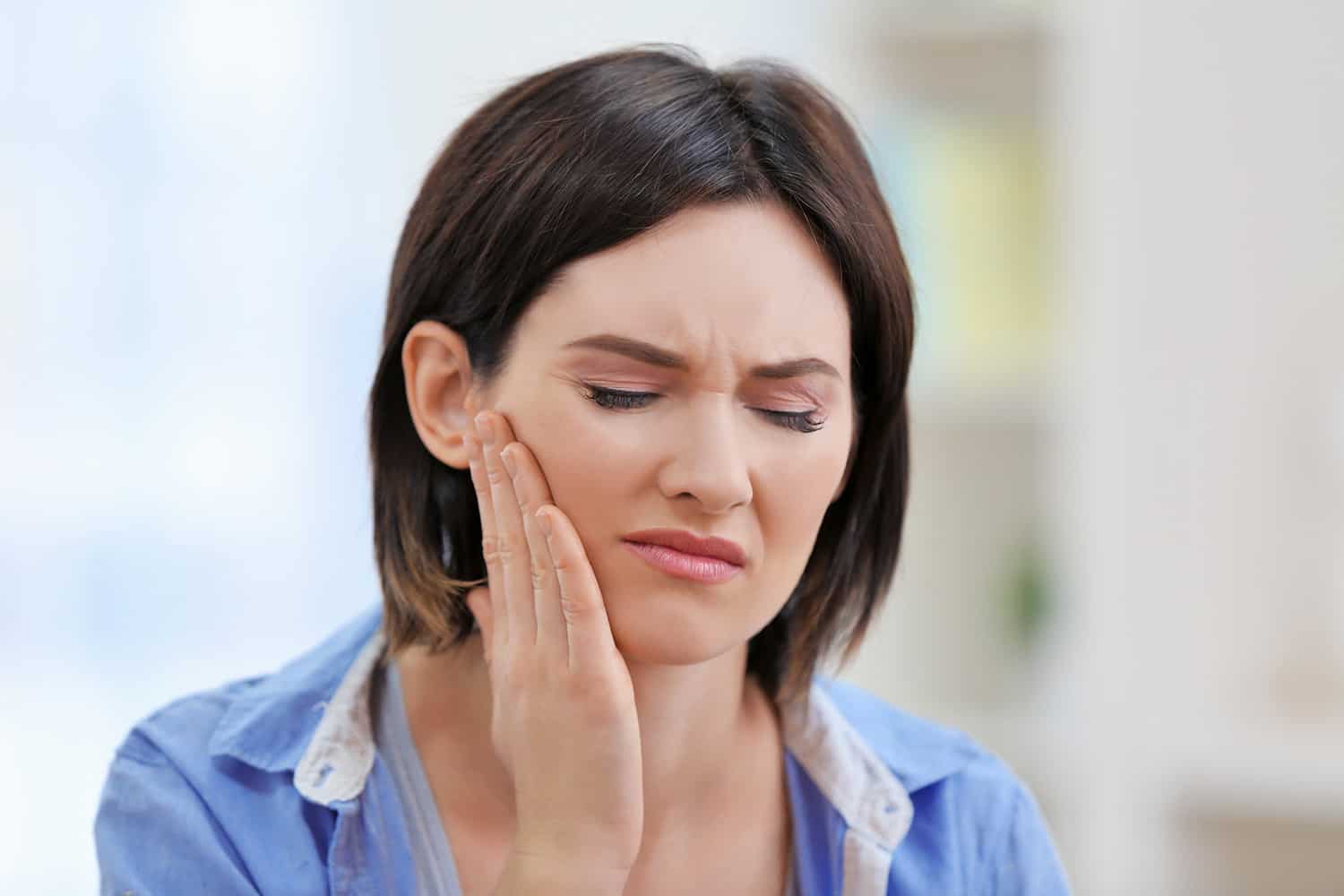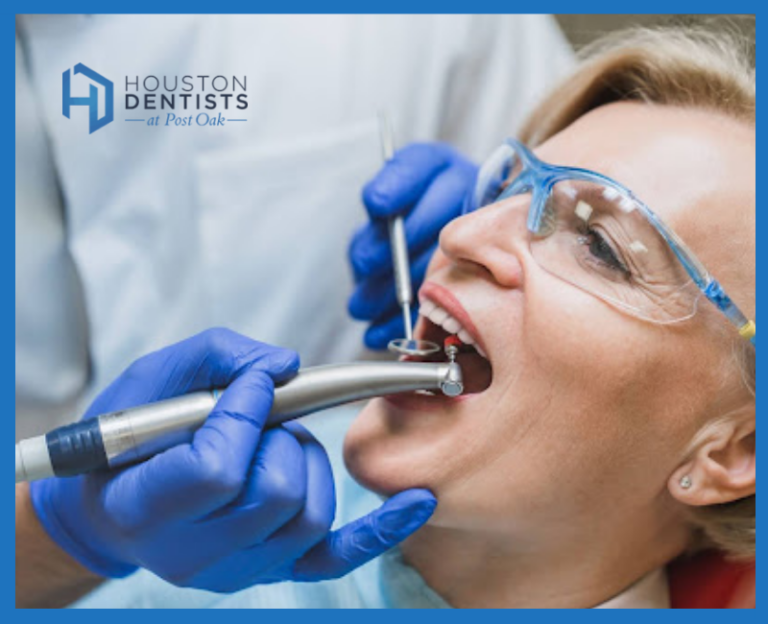Older generations can remember the days when options for straightening teeth were limited. Braces or dentures were, at one time, two of the few choices for improving smiles…

Many people have heard various medical terms and abbreviation used. One such example a doctor, family member, or friend might have referred to is TMJ. Yet others might make reference to TMD.
TMJ And TMD
TMJ is short for a body part known as the temporomandibular joint. This structure connects the lower portion of the jaw called the mandibular to the skull’s temporal bones. The TMJ enables individuals to move their jaw. Without it, one could not carry out simple yet vital actions such as talking or chewing.
In actuality, TMD is an abbreviation for temporomandibular disorders. These ailments typically refer to any type of structural or biological disorder of the TMJ causing the afflicted subjects to experience a host of untoward and potentially debilitating physical manifestations.
It is important to reiterate that TMJ is often used to describe associated disorders. However, such categorizations are incorrect. Maladies of the joint are correctly referred to as TMD.
TMD Causes
The ailment can be precipitated by various causes that impact the joint, surrounding muscles, or even the jaw. Any of the following events could precipitate occurrences including:
- Whiplash often incurred after a traumatic event like an automobile accident
- Blunt trauma to face, neck, head, or jaw
- Stress manifesting in nervous actions such as jaw clenching
- Chronic teeth grinding
- Arthritis impacting the TMJ or surrounding joints
- Misaligned teeth or jawbones
Occasionally, TMD might also occur for no diagnosable reason.
Associated Symptoms
The most common physical manifestation is pain appearing in the jaw, ears, or neck area. However, numerous other symptoms might occur such as:
- Facial or ear pressure
- Headaches
- A clicking or popping sound when opening the mouth or moving the jaw
- Earaches
- Stiffness in jaw or neck
- Inability to chew or speak
- facial swelling
- Jaw dislocation
Symptoms can vary in occurrence and intensity based on the underlying cause. Furthermore, TMD often mimics many other dental and medical conditions. Therefore, those experiencing any of the preceding manifestations are urged to see a dental or medical provider as soon as possible to rule out other problems and obtain a firm diagnosis.
Diagnosis
It is important to reiterate that TMD symptoms are often seen in other illnesses. Ergo, diagnosis can prove time-consuming and will usually involve a through physical examination and investigation into the patient’s medical history.
Potential Treatment Options
Treatment will be determined by the specific cause and its severity. Typically, mild presentations can be controlled employing self care methods like:
- Applying heat and cold to painful regions
- Using over-the-counter pain relievers
- Restricting jaw movements when necessary
- Consuming soft foods
- Limiting stress
- Wearing mouth guards if prone to grinding teeth
- Engaging in jaw stretching exercises
If you are experiencing TMD or TMJ symptoms, schedule an appointment at Houston Dentists at Post Oak.






